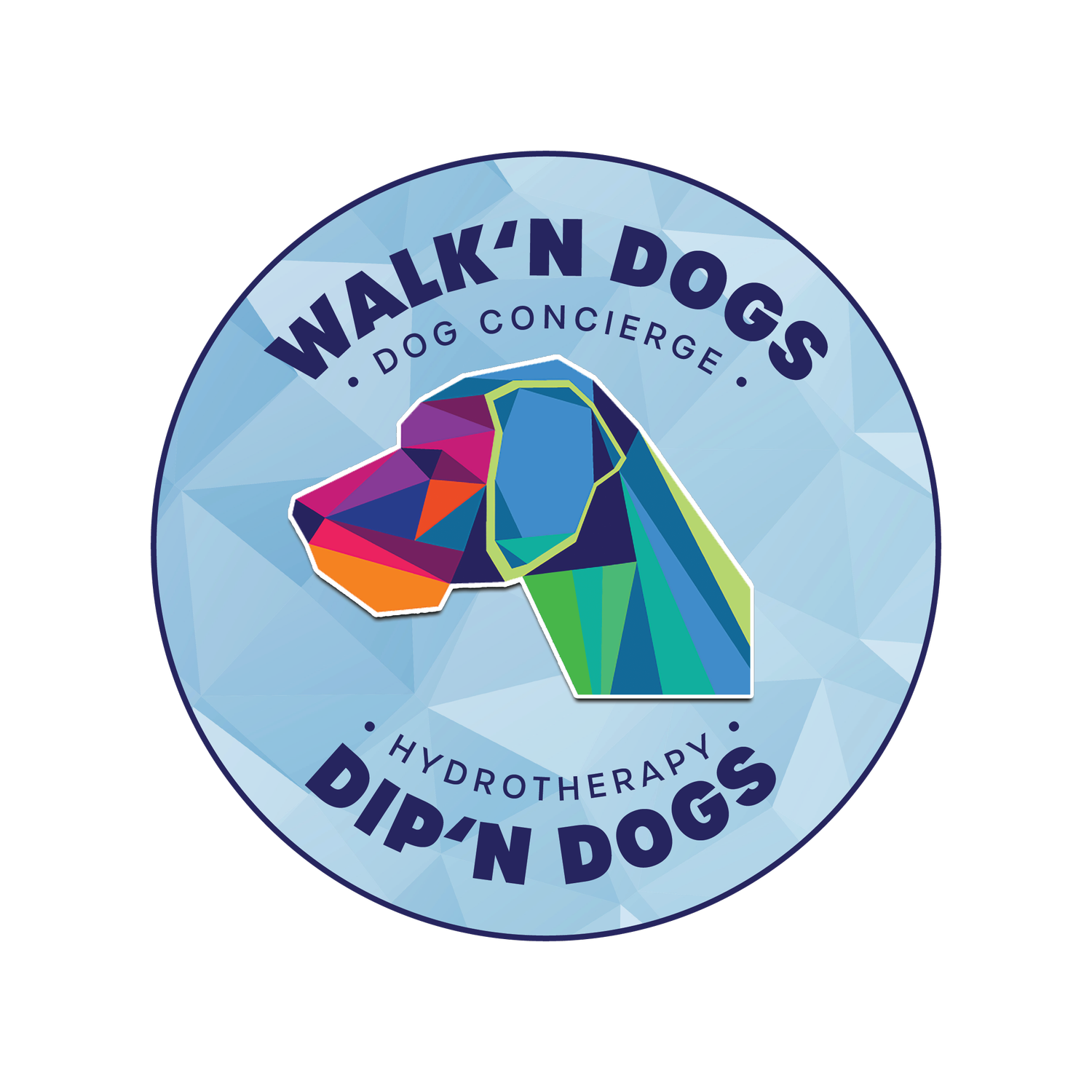Canine Hydrotherapy for Degenerative Myelopathy
Water Therapy for Dogs with Degenerative Myelopathy
Unfortunately, Degenerative Myelopathy is a one-way ticket. This disease progresses from bad to worse and sadly there is no cure. However, there is treatment and ways to ensure your dog’s quality of life and attempt to slow the disease. Water therapy provides optimal treatment and resources beyond any other type of exercise. Dogs are granted full range of motion, mobility and support in the water, easing any struggle associated with DM and any discomfort it may bring. Degenerative Myelopathy, also known as DM, is a degenerative disease of the spinal cord. This disease is prevalent in older dogs (8 years and up) as well as specific breeds. DM starts with the loss of coordination in the hind limbs eventually leading to complete paralysis. Most common breeds for developing Degenerative Myelopathy:
Boxers
Pembroke Welsh Corgis
Golden Retrievers
Pugs
German Shepherds
Rhodesian Ridgebacks
Chesapeake Bay Retrievers
Standard Poodles
The causes of DM are purely genetics and must be inherited from both the dam and sire. This disease is inherited due to a genetic mutation and unfortunately the prognosis is very poor. The only confirmed and recommended treatment for DM are holistic rehabs and therapies. There are a variety of options when it comes to enhancing the life of your dog with DM. With hydrotherapy, massage, acupuncture and stretching exercises, these healing practices will keep your dog as mobile as DM allows and assist with any pent up frustration from immobility. Another option for assisting a dog with their immobility are certain types of specialized equipment; wheelchairs, harnesses, booties and slings can all help transport dogs with DM. Warning signs and symptoms of Degenerative Myelopathy:
Dragging of rear paws
Lameness or limping in the hind legs
Trouble jumping, running, walking
Difficulty rising from a resting position
Loss of balance and coordination
Muscle atrophy in hindquarters
Changes in gait
“Giving out” in the hind area
Inability to walk up stairs/steps
Hydrotherapy Treatment for Degenerative Myelopathy
Choosing water therapy for your dog’s treatment with DM is a crucial part in their rehabilitation and therapy. The buoyancy of the water allows effective exercise for the weakened areas of the body to build strength, muscle and confidence in your dog. Land based exercise for dogs with DM is almost impossible and with swimming, dogs can maintain optimal cardiovascular, physical and mental health. Hydrotherapy is an outlet and release for dogs suffering mentally and emotionally from the physical complications of DM. The immobility that comes with this disease can sometimes result in depression in your dog due to the almost permanent inactivity. The warmth of water allows relaxation of muscles and blood vessels in a dog’s skin and the increased temperature reduces discomfort, anxiety and any emotional distress.
Spending quality time with a dog stricken with DM is the best treatment possible. It is important to remember that this disease is degenerative and will not get better, but worse over time. Many dog owners, in the final stages of DM, will use a wagon to allow your dog to enjoy the outdoors and outings they still can be a part of. It is vital that you spend this special time with them, continuing the emotional bond between the two of you and assuring them you are with them til the end. Sometimes, aside from any form of physical treatment, love, support and care are the real therapies that will keep your dog’s confidence high and stress low. If your dog or any dog you know is dealing with degenerative myelopathy, considering warm water therapy for treatment can make a world of a difference. We would absolutely love to help you and your fur baby through your journey with DM and will provide intimate care and love every swim of the way.

